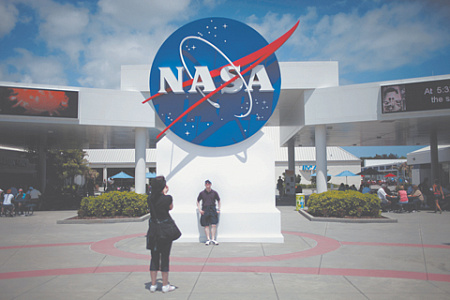
A sudden surge in high-level communication between Washington and Beijing has ignited speculation about an upcoming summit between U.S. President Donald Trump and Chinese President Xi Jinping. In a rapid succession of talks, China’s Defense Minister Admiral Dong Jun spoke with Pentagon chief Pete Hegseth, followed hours later by a conversation between Foreign Minister Wang Yi and U.S. Secretary of State Marco Rubio, signaling a potential thaw in a deeply strained relationship.
While Beijing described the diplomatic exchange as “fruitful,” it also stressed the urgent need for both superpowers to manage their disagreements and bring stability to their relations. Washington’s statements echoed this duality. The State Department emphasized the importance of keeping lines of communication open, while the Pentagon took a more direct stance, asserting that while the U.S. “is not seeking conflict,” it will resolutely defend its interests in the Asia-Pacific region.
Analysts view these talks as crucial groundwork for a potential face-to-face meeting between Trump and Xi, possibly during the Asia-Pacific Economic Cooperation (APEC) summit in South Korea this October. However, the road to such a meeting is fraught with obstacles. According to former U.S. State Department consultant Ryan Fedasiuk, significant preparatory work remains on contentious issues like trade tariffs, the flow of Chinese-made fentanyl into the U.S., and the future ownership of the social media platform TikTok, negotiations that will heavily involve economic officials from both nations.
Beyond these immediate disputes lie deeper, more fundamental anxieties. As highlighted by The Washington Post, a growing perception in Washington is that China is directly challenging U.S. global dominance. Conversely, China’s leadership fears the Trump administration could attempt to destabilize its political system by fueling public discontent over domestic issues or by staging provocations in the sensitive Taiwan Strait. Pentagon chief Hegseth’s reassurance that the U.S. does not seek conflict appears to be a direct attempt to calm these fears.
Despite official overtures, contradictory actions, particularly from Washington, continue to sow doubt. As noted by Bloomberg, President Trump’s recent call for the European Union to impose a 100% tariff on India and China for purchasing Russian oil has baffled Beijing and cast doubt on America’s reliability as a negotiating partner. This move, even if rhetorical, has severely soured the atmosphere for preparing a potential summit.
The growing rivalry has now extended into the final frontier. In a move that symbolizes a stark departure from decades of international partnership, NASA has banned Chinese citizens from its facilities and programs, citing national security concerns. Russian space expert Andrei Ionin described this as the descent of a new “Iron Curtain” in space, effectively ending the collaborative era defined by the International Space Station. As humanity splinters into separate “cosmic apartments”—one American, one Chinese—the future of ambitious deep-space exploration is being jeopardized by terrestrial geopolitics.
